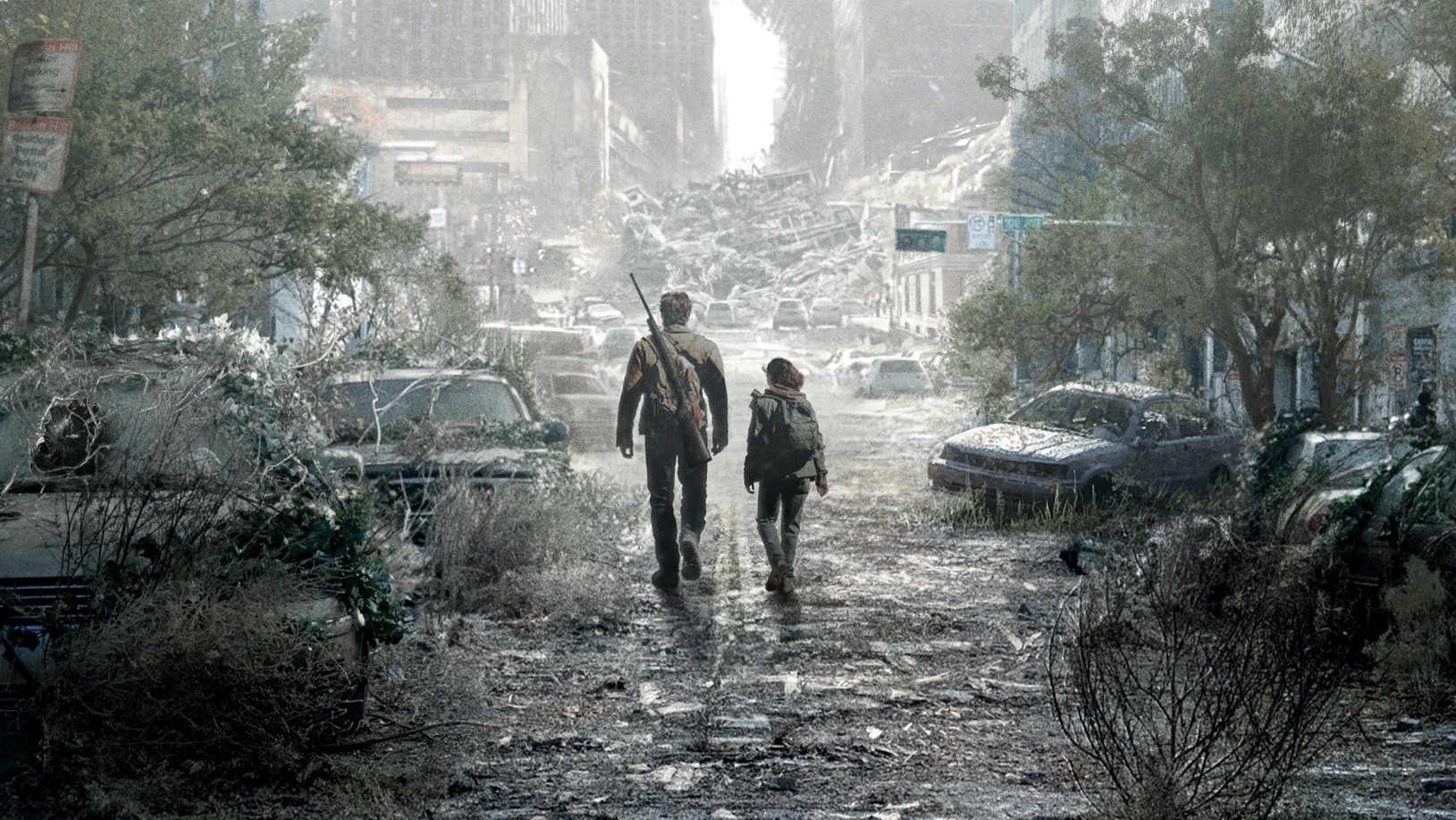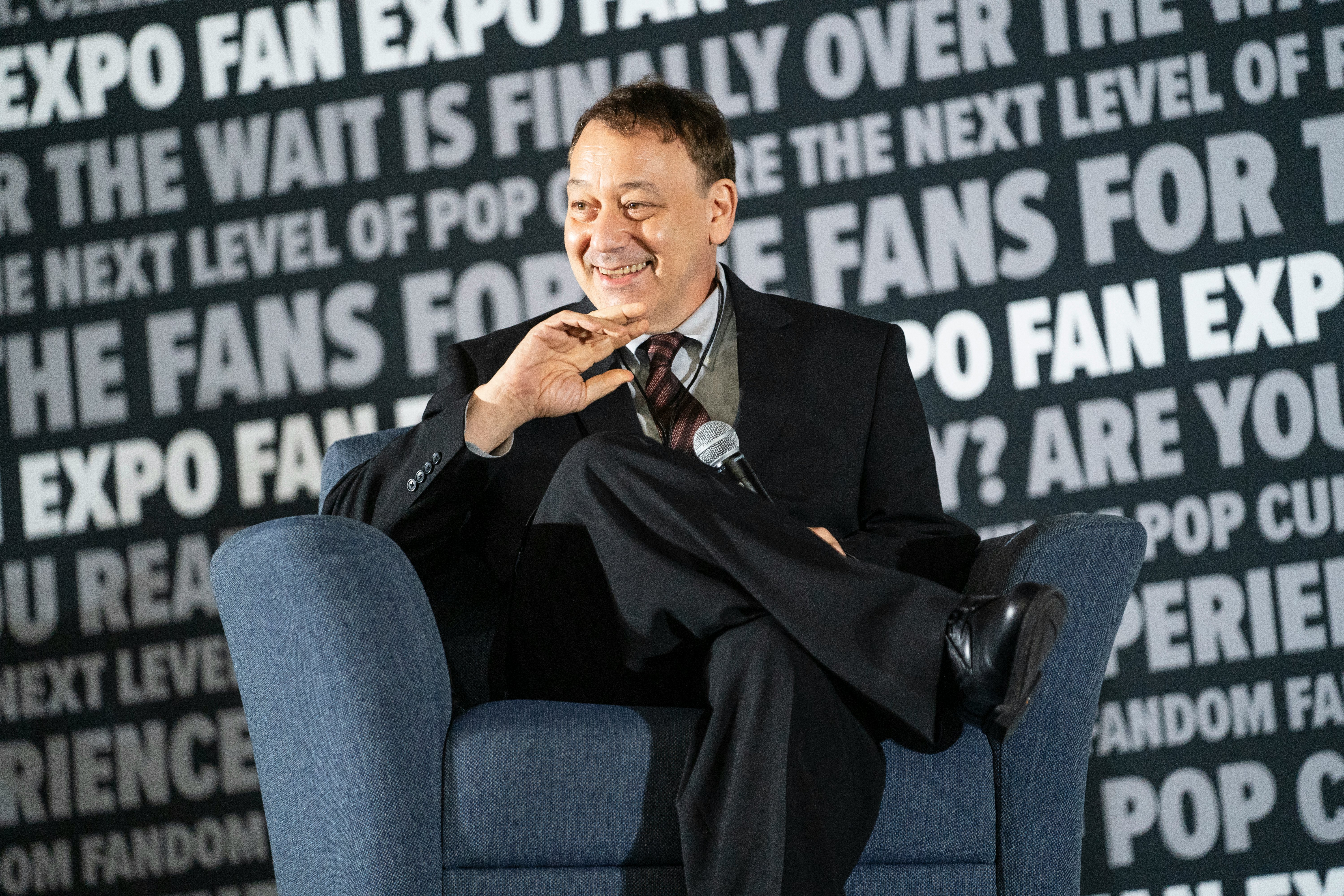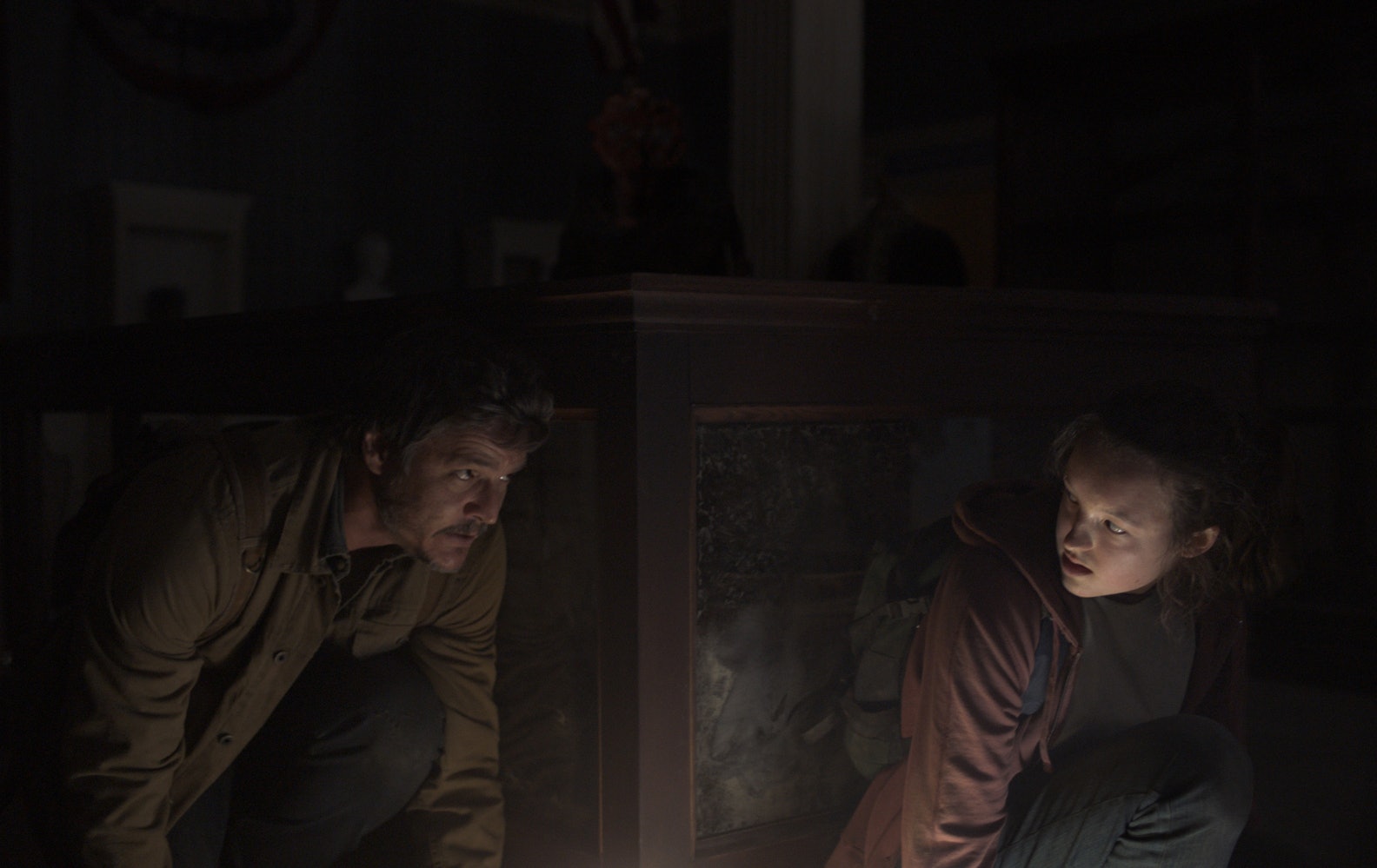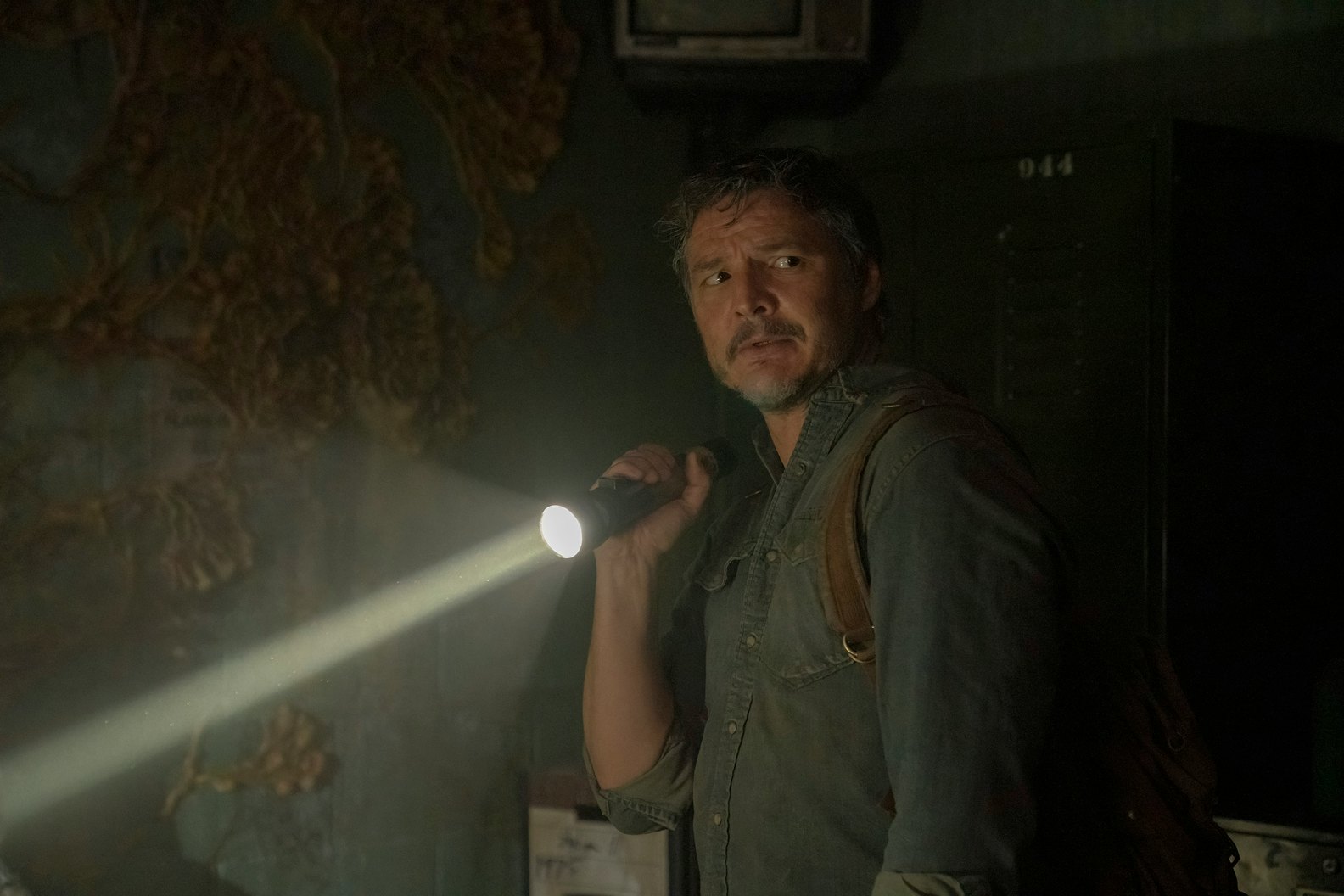
HBO is poised to break the stigma surrounding video game adaptations with the long-awaited premiere of The Last of Us. The series, which comes from Chernobyl creator Craig Mazin and Last of Us game creator Neil Druckmann, is a big-budget adaptation of the post-apocalyptic game. Early reviews suggest it may very well be HBO’s newest smash hit.
For fans of Naughty Dog’s games, that likely won’t come as much of a surprise. The 2013 original has long been regarded as one of the best games ever made, and discussions about adapting it circulated throughout Hollywood for years. Mazin isn’t the first high-profile Hollywood name who tried his hand; shortly after the game was released, a highly esteemed filmmaker signed on to oversee an adaptation that never saw the light of day.
Sam Raimi’s The Last of Us

Hollywood’s interest in the game led to two unmade adaptations. The first and most notable was a proposed film written by Druckmann himself, who told The Hollywood Reporter earlier this year that he struggled to adapt 15 hours of gameplay into a two-hour movie.
The Druckmann-penned adaptation nonetheless gained traction because Evil Dead and Spider-Man director Sam Raimi was attached to produce and direct. For a few years, it looked like Raimi’s adaptation was actually going to get made, with actors like Maisie Williams and Kaitlyn Dever rumored at different points to be in consideration for the role of Ellie. (The character is portrayed in the upcoming series by Game of Thrones star Bella Ramsey.)
Progress on Druckmann and Raimi’s feature adaptation eventually came to a standstill. The project entered, as Druckmann himself told IGN in April 2016, “development hell.” Raimi commented on the project’s status that same year, telling IGN, “Neil's plan for it is not the same as Sony's. And because my company doesn't have the rights, I actually can't help him too much.”

Raimi’s comments foreshadowed the future of Sony’s big-screen adaptation, which never escaped its development woes. Druckmann was concerned about Sony’s intentions for the project, telling the hosts of the Script Apart podcast in 2021, “A lot of the thinking and notes were like, 'How do we make it bigger? How do we make the set pieces bigger?'”
Druckmann understandably wanted to maintain the intimacy and grounded tone of the original game, even if a feature film did force him to cut several sections. As The New Yorker succinctly noted in January, Druckmann wanted a film version of The Last of Us to feel like No Country for Old Men, while Sony executives apparently wanted to bring it closer to blockbusters like World War Z.
So creative differences, perhaps the most common cause of Hollywood death, killed the project. A few years later, a similar fate befell a 20-minute animated adaptation Sony had begun developing with the content agency Oddfellows. The short film would have apparently recapped the events of The Last of Us and served as a kind of “Previously On”-style bridge to the game’s 2020 sequel, The Last of Us Part II.
The animated film was eventually abandoned for reasons that haven’t been revealed.

The Inverse Analysis — It undoubtedly would have been interesting to see the world of The Last of Us filtered through Raimi’s lens. Few filmmakers could have brought more energy and flair to its moments of zombie horror, which is likely why Druckmann still has nothing but good things to say about Raimi. The creator even told The Hollywood Reporter this year, “Sam gave really solid notes,” before adding that adapting The Last of Us as a film was ultimately “an impossible task.”
In the end, it was probably for the best that Sony’s first attempt never came to fruition. It sounds like the studio’s Raimi-directed adaptation would have diverged greatly from 2013’s The Last of Us in ways that HBO’s upcoming TV series thankfully doesn’t.
The Last of Us premieres Sunday, January 15 on HBO.







